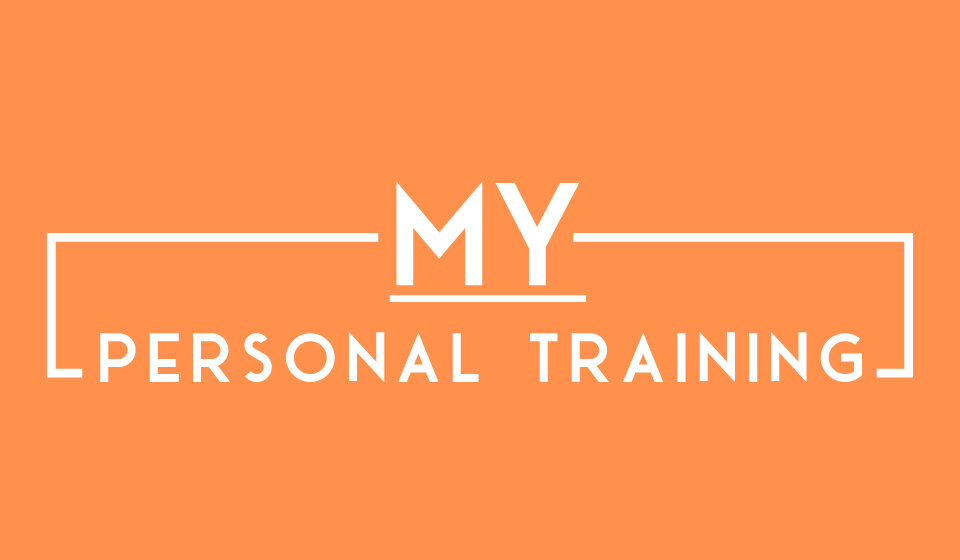How to measure progress and set achievable fitness goals
Setting fitness goals is an excellent way to motivate yourself to achieve a healthier lifestyle. However, it is essential to ensure that your goals are realistic and achievable. To set achievable fitness goals, it is crucial to understand how to measure your progress accurately. In this blog, we will discuss how to measure progress and set achievable fitness goals.
1. Define Your Goals The first step in setting achievable fitness goals is to define what you want to achieve. It could be losing weight, increasing muscle mass, improving cardiovascular endurance, or a combination of these goals. Once you have defined your goals, break them down into smaller, more manageable goals that can be measured.
2. Establish a Baseline Before you start working towards your goals, it is essential to establish a baseline. This means measuring your current fitness level to determine where you are starting. It could be measuring your weight, body fat percentage, or recording how far you can run in a certain amount of time.
3. Track Your Progress Tracking your progress is crucial to determine if you are making progress towards your goals. This could include measuring your weight, body fat percentage, taking progress photos, or keeping a fitness journal. Regularly tracking your progress will allow you to see how far you have come and motivate you to keep pushing towards your goals.
4. Celebrate Small Wins It is crucial to celebrate small wins along the way to achieving your goals. Celebrating small wins, such as losing a few pounds or running an extra mile, will help you stay motivated and focused on your long-term goals.
5. Adjust Your Goals If you are not making progress towards your goals, it may be time to adjust them. Be realistic about your abilities and adjust your goals accordingly. Setting goals that are too ambitious can be discouraging and demotivating. By adjusting your goals, you can set yourself up for success and stay motivated.
6. Seek Professional Help If you are struggling to set achievable fitness goals or measure your progress accurately, consider seeking professional help. A personal trainer or a registered dietitian can help you set realistic goals, track your progress, and provide you with the guidance and support you need to achieve your goals.
In conclusion, setting achievable fitness goals requires careful planning, realistic expectations, and an accurate measurement of progress. By following these tips, you can set yourself up for success and achieve your fitness goals. Remember to celebrate small wins along the way, adjust your goals as necessary, and seek professional help if needed. With dedication and hard work, you can achieve your fitness goals and lead a healthier, happier life.

